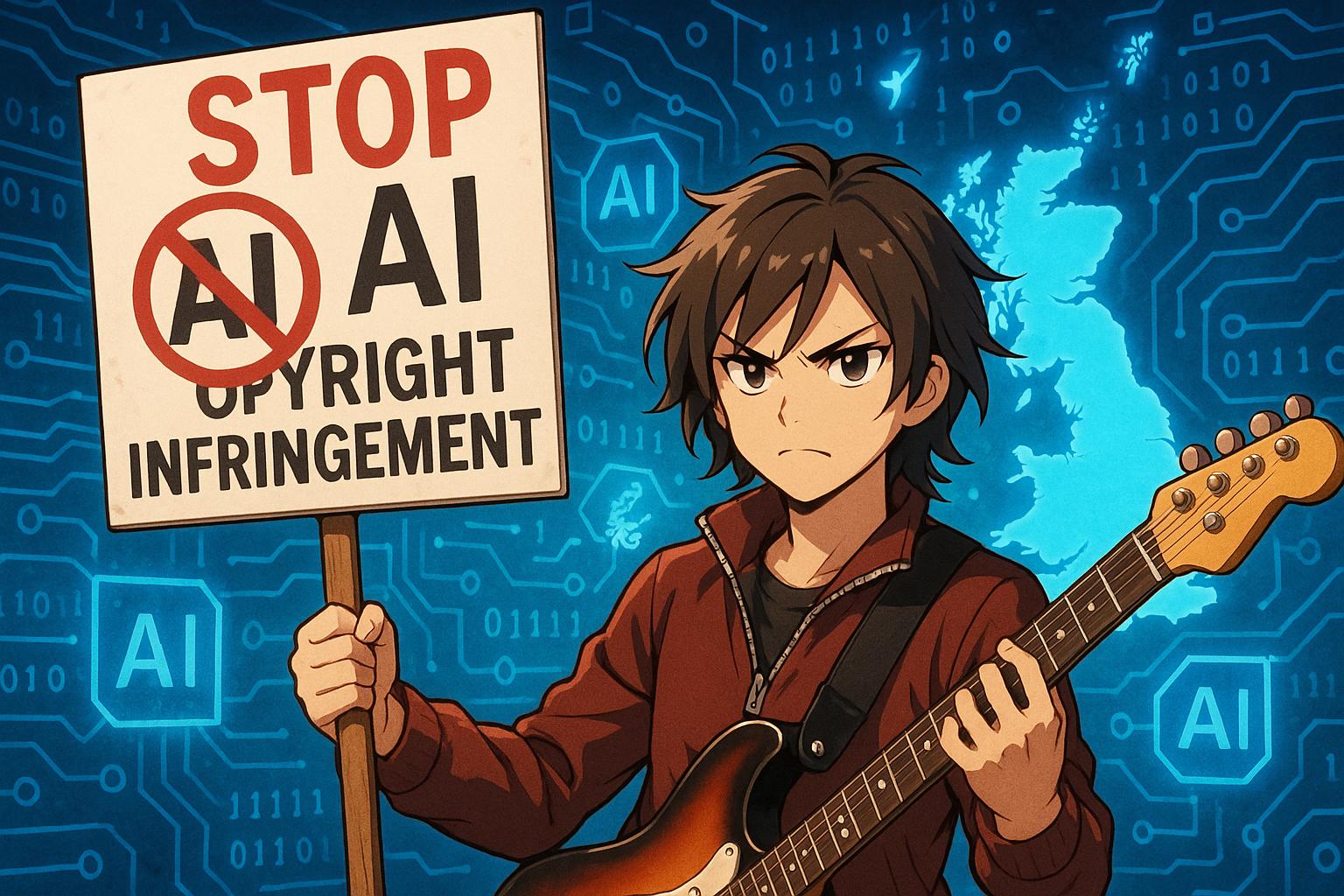Amid rising tensions surrounding the use of artificial intelligence (AI) and copyright protections, the UK government has faced significant pushback in the House of Lords, suffering a third defeat over its proposals concerning AI data scraping. The ongoing dispute has fueled protests from music creators and artists who argue that current legislation could enable AI tech firms to exploit their work without compensation or consent.
At the heart of these protests is a coalition of over 400 prominent musicians and artists, including industry luminaries such as Sir Paul McCartney and Elton John. They have fervently urged Prime Minister Sir Keir Starmer to champion stronger copyright protections by supporting amendments to the Data (Use and Access) Bill. Their demands centre on ensuring that AI companies are held accountable for using copyrighted material without permission, aiming to foster transparency and protect the livelihoods of creatives.
These concerns are echoed by other members of the creative community, including novelists, who have expressed alarm over the potential erosion of copyright laws that are crucial for the health of the UK's creative economy. They assert that weak copyright protections not only threaten individual creators but could also stifle innovation and artistic expression at large. Should AI firms be allowed to utilise creative works indiscriminately, the consequences could be detrimental, leading to a landscape where original content is overshadowed by AI-generated imitations.
The protests have catalysed a wider movement known as the "Make it Fair" campaign, which has resonated deeply across the creative sectors. High-profile artists have employed various methods to highlight their discontent, including releasing a 'silent' album—a bold statement intended to draw attention to the plight of creators facing financial precarity due to unchecked AI applications. This campaign underscores a growing unease that, if the government's proposals are enacted, entire categories of creative work could be appropriated for AI training without any regard for the artists behind them.
Critics of the government’s proposals argue that the proposed “rights reservation” system, which is intended to safeguard artists' interests, instead unjustly shifts the burden onto the creators themselves. Many emerging artists may not be fully informed of the complexities associated with opting out of such arrangements, leaving them vulnerable to exploitation by larger tech firms.
Recent votes in the House of Lords have seen peers advocate for amendments that seek to strengthen the existing intellectual property framework, further highlighting the urgency of the issue. The overwhelming support for these amendments reflects a growing consensus that the rights of creators must be preserved in the face of technological advancements that threaten to devalue their work.
As the debate continues, the implications for the UK’s creative landscape remain profound. Advocates for stronger protections assert that the outcome of this legislative struggle will define the future for artists and the industry as a whole. In a digital age where AI capabilities are rapidly advancing, the call for urgency and action resonates more than ever, as creators fear their contributions could be rendered obsolete amidst sweeping systemic changes that favour technology over creativity.
The ongoing protests and legislative battles signal a pivotal moment for the creative industries, potentially reshaping the relationship between technology and artistry in ways that could benefit or hinder the future of creative expression across the UK.
Reference Map
- Paragraph 1: 1, 6, 7
- Paragraph 2: 3
- Paragraph 3: 2
- Paragraph 4: 4
- Paragraph 5: 5
- Paragraph 6: 6
- Paragraph 7: 1, 3
Source: Noah Wire Services
